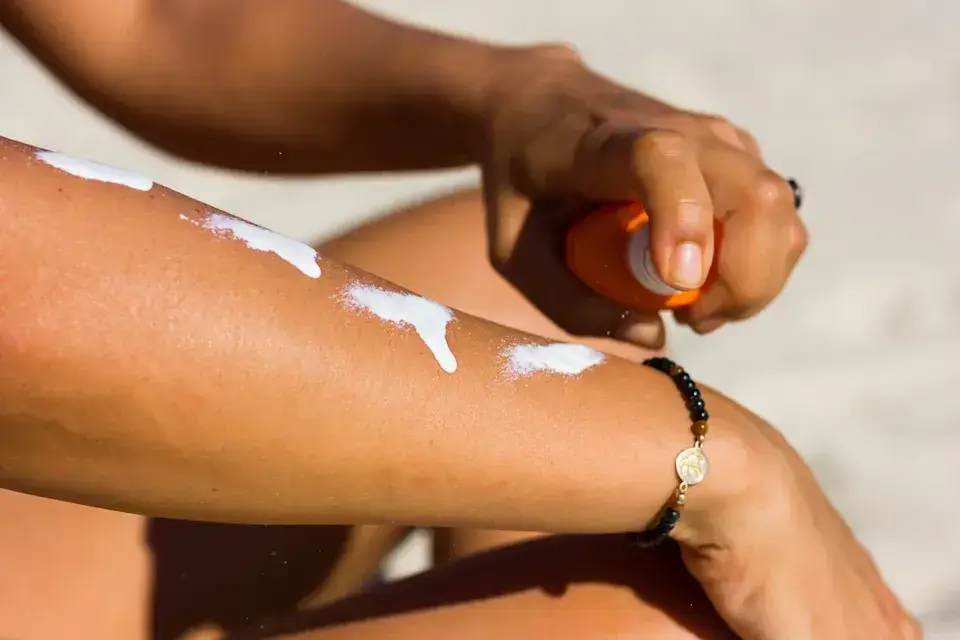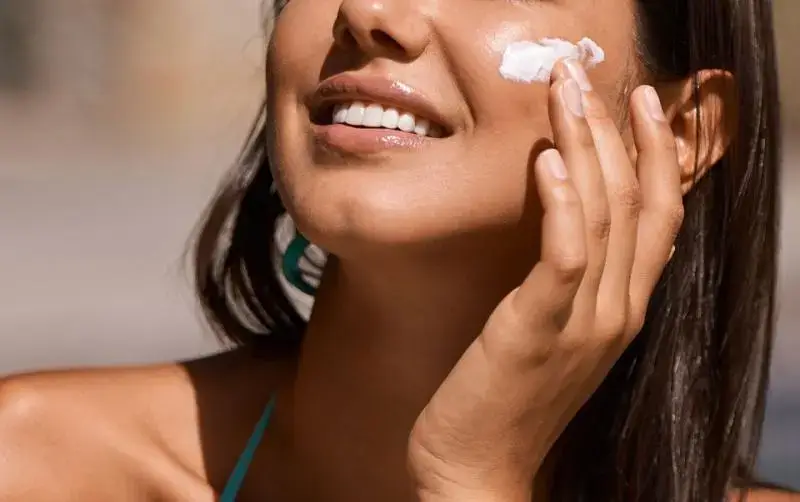The anti-sunscreen movement has gained some traction in recent years, with claims that sunscreens are harmful or unnecessary. However, scientific evidence overwhelmingly supports the use of sunscreen to protect against skin cancer and premature aging. Here’s why you should keep using sunscreen and ignore the misinformation.
Sunscreens Are Safe When Used Correctly
Some people argue that chemical sunscreens contain harmful ingredients, but major health organizations, including the FDA and the American Academy of Dermatology, confirm that sunscreens are safe when used as directed.

While some individuals may experience skin irritation from chemical sunscreens (like oxybenzone or avobenzone), mineral sunscreens with zinc oxide or titanium dioxide are excellent alternatives. These physical blockers sit on the skin’s surface, reflecting UV rays without being absorbed.
Sun Exposure: Balance Is Key
Anti-Sunscreen Movement limited sun exposure helps the body produce vitamin D, which is essential for bone health and immunity. However, excessive unprotected exposure to ultraviolet (UV) radiation increases the risk of skin cancer, including melanoma—the deadliest form. Sunburns, even just one in a lifetime, significantly raise skin cancer risk.
The idea that avoiding sunscreen entirely is healthier is dangerous. Instead, practice smart sun habits:
- Use broad-spectrum SPF 30+ sunscreen.
- Seek shade during peak sun hours (10 AM–4 PM).
- Wear protective clothing, hats, and sunglasses.
Tanning Is Not Safe
Many believe that a “base tan” protects against burns, but any tan indicates skin damage. Tanning beds are especially harmful, emitting UVA rays that penetrate deep into the skin, accelerating aging and increasing cancer risk. The WHO classifies tanning beds as carcinogenic, alongside cigarettes.
Final Thoughts
The anti-sunscreen movement is based on myths, not science. Sunscreen remains one of the most effective ways to prevent skin cancer and premature aging. Choose a sunscreen that suits your skin type, reapply every two hours, and combine it with other protective measures. Your skin will thank you in the long run.



